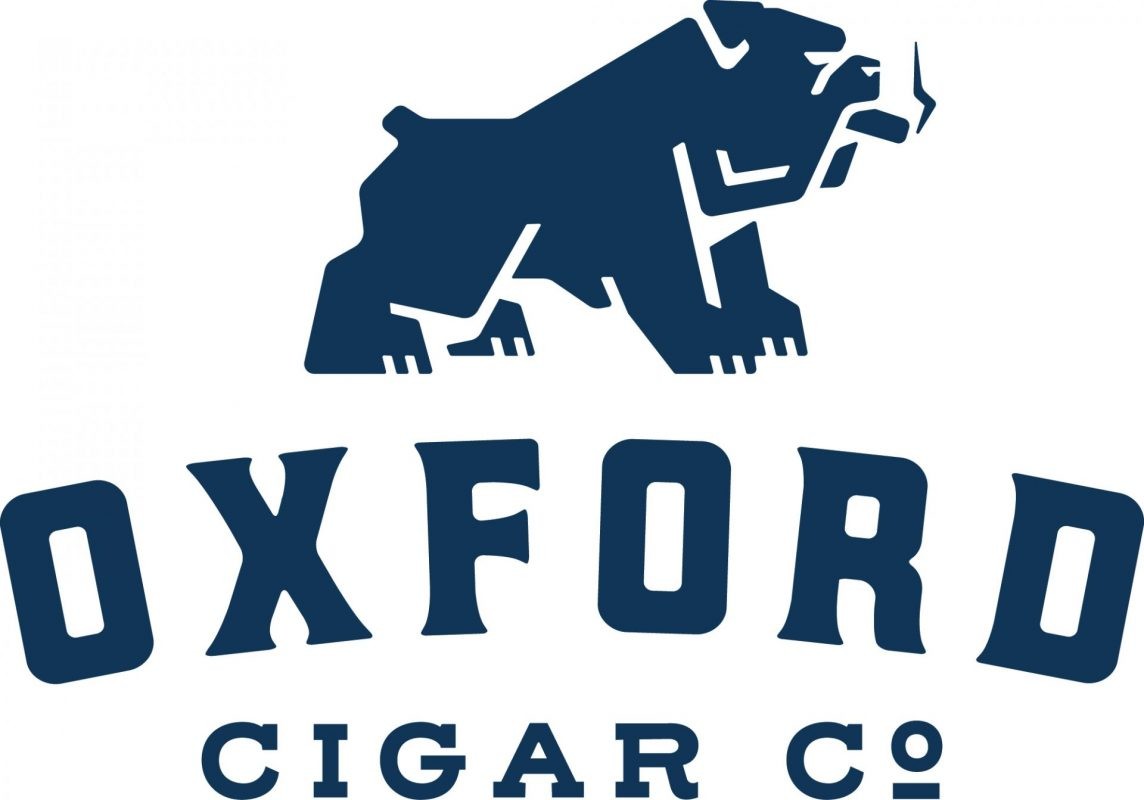News
Northern Advocacy: The Cigar Association of Canada
In the United States, the Premium Cigar Association (PCA) and Cigar Rights of America (CRA) are very active in upholding the rights and interests of American cigar enthusiasts. But what about across the border in Canada? Thankfully, Canadians now have an established independent voice through the Cigar Association of Canada (CAC)
More than ever, cigar rights and advocacy groups serve as integral representation to support cigar manufacturers, distributors, retailers, and most importantly, cigar enthusiasts. These groups work hard to inform lawmakers of the unique nature that differentiates a premium cigar from other tobacco products. With the goal of achieving fair legislation, advocacy groups work to sustain and grow the industry and to ultimately ensure the continued, responsible enjoyment of premium cigars.
Though the PCA has initiated a grassroots campaign to assist Canada in the past, Canadian enthusiasts require their own voice, and the voice for Canadians is the CAC. Established in Vancouver by Sheldon Lloyd Smith, the CAC is a non-profit organization that is committed to playing a pivotal role in advancing the Canadian cigar industry and protecting the rights of adult Canadian consumers. Recently, I invited CAC founder Sheldon Lloyd Smith to divulge more about the CAC and its initiatives to uphold cigar rights for Canadians.
Cigar Journal: Sheldon, when did your personal appreciation for cigars first take root? Was there a particular moment or a specific cigar that you recall?
Sheldon Lloyd Smith: There isn’t one defining moment. I’ve enjoyed cigars for years, and with time, my respect for the craftsmanship and layered flavor of a hand-rolled cigar has only grown. Pair it with good company, and the shared experience is what brings me back every time.
Cigar Journal: What specific aspects of cigar enjoyment resonated with you?
Sheldon Lloyd Smith: Flavor is central, of course, but cigars also anchor moments in time. Cutting the cap, carefully toasting the foot, and savoring that first draw all compel me to slow down and be fully present. It’s a welcome pause in a fast-paced world.
Cigar Journal: Canada clearly faces some of the most stringent laws in the world when it comes to tobacco. When did you first realize Canada was facing particularly strict tobacco regulations, and what made that moment resonate?
Sheldon Lloyd Smith: The pressure had been building for years, yet the real wake-up call was Bill S-5 [from 2022] and its plain packaging rules. Excise duties were already steep, but stripping away branding felt like the final blow. That was when I realized that concerted advocacy was essential.
Cigar Journal: When did you decide to establish the Cigar Association of Canada, and how did it begin?
Sheldon Lloyd Smith: I kept asking why regulators were so heavy handed with premium cigars. When I searched for a Canadian counterpart to groups like the PCA or CRA and found none, so the need for a national voice was obvious. Realizing that premium cigars were facing increasingly restrictive regulations and were without a national voice, I drafted the framework that became the Cigar Association of Canada, and we formally launched in November 2023.
Cigar Journal: What government bodies control cigar regulation in Canada?
Sheldon Lloyd Smith: Parliament, through the House of Commons and the Senate, which sets the framework and is guided by the Minister of Health. Health Canada’s Tobacco Control Directorate enforces the Tobacco and Vaping Products Act, overseeing packaging, labeling, and advertising. The Canada Revenue Agency and Canada Border Services Agency handle federal excise duties and imports, while each province layers on its own tobacco tax and smoking area rules. Municipalities then add specific by-laws, such as enforcing the minimum distance someone can smoke from a doorway in public, for example.
Cigar Journal: What are the biggest challenges that Canadian cigar smokers face today?
Sheldon Lloyd Smith: Cost and access. Taxes are exceptionally high, and legal smoking spaces are limited and very hard to find. The result is a climate that marginalizes adult enthusiasts who seek to enjoy a lawful, artisanal product, while other adult pastimes face fewer barriers.
Cigar Journal: What costs are factored into the final retail price of a premium cigar in Canada?
Sheldon Lloyd Smith: Picture the price as a seven-layer cake. It starts with the wholesale price, which is typically issued in US dollars. This is the importer’s bill from the manufacturer. On top of that sits the federal excise duty, about CAD 41.52 per thousand cigars plus whichever is higher, 14.9 cents or 88 percent of the selling price per stick. Each province then spreads on its own tobacco tax, 90.5 percent in British Columbia [BC – capped at seven dollars], 56.6 percent in Ontario, 142 percent in Alberta. Once those are baked in, GST [goods and services tax] or HST [harmonized sales tax] is sprinkled over everything; 5 percent in BC, 13 percent in Ontario, nearly 15 percent in Québec. Plain packaging rules typically add the cost of custom boxes and health warnings, and after that you’ve got the logistics layer – shipping, insurance, brokerage – the works. Finally, the retailer puts on their margin, which is anywhere from 30 to 100 percent to cover rent, staff, humidification, and expertise. Stack all seven layers, and a cigar that wholesales for a couple of bucks can end up as thirteen times that on the shelf. It’s a lot, to say the least!
Cigar Journal: What percentage of total tobacco sales do premium cigars represent in Canada?
Sheldon Lloyd Smith: Premium, handmade cigars account for less than a ‘whopping’ one per cent of Canada’s entire tobacco market. Machine-made cigars and cigarillos account for maybe about two to three percent. In other words, premium cigars occupy a tiny niche market segment, yet they face some of the strictest rules on the shelf – regulation that risks taxing the category out of existence.
Cigar Journal: So then, how can Canadians get involved with the Cigar Association of Canada?
Sheldon Lloyd Smith: Become a member, donate to our advocacy fund, submit your stories, share our updates online, and encourage your local tobacconist to join us. We’re building a coast-to-coast coalition to protect cigar rights and celebrate the craft. When legislators see that we stand united and cast our votes accordingly, they’ll have no choice but to deliver the meaningful changes that our industry deserves.
Cigar Journal: How are you getting the word out across Canada?
Sheldon Lloyd Smith: We maintain an active presence on social platforms, participate in cigar events, and engage directly with retailers, importers, and consumers. Sometimes it’s as simple as picking up the phone. Grassroots connections matter.
Cigar Journal: Canada’s cold climate makes outdoor cigar enjoyment difficult. How do you navigate that personally?
Sheldon Lloyd Smith: Living in Vancouver helps. The winters are milder, but the rain still imposes limitations. Though we make the most of the very few private lounges we have in this country, Canada would benefit from more indoor spaces for enthusiasts.
Cigar Journal: I know that talking politics while having a cigar can be frowned upon, but what impact could the US tariffs on tobacco have on the Canadian cigar market?
Sheldon Lloyd Smith: Let’s say that Canadian importers are bringing their cigars straight from Nicaragua, the Dominican Republic, or Cuba, but never through the States. A US tariff still ripples north. Freight rates are global, so when US volumes dip, carriers spread the cost around and shipping to Canada gets pricier. Producers then raise export prices elsewhere to make up for lost US sales, by bumping our wholesale costs. And once American cigar smokers start buying online from overseas shops, supply tightens, and Canadian shelf prices climb. So even a tariff that targets only the US ends up potentially further squeezing Canada on cost, supply, and price.
Cigar Journal: How have tobacconists and consumers adapted to the growing number of regulations?
Sheldon Lloyd Smith: Retailers have shown remarkable resilience, nurturing their loyal communities despite soaring costs. Consumers are increasingly recognizing that shop owners aren’t to blame, policy is. Nonetheless, plain packaging and high duties drive some purchasers abroad, reducing local sales and, ironically, government revenue.
Cigar Journal: With travel to the US down over 70 percent compared to this time last year, maybe more Canadians will visit their Canadian tobacconists and shop locally. At this point, do you believe legislative rollbacks are possible, or is the focus more on stopping further restrictions?
Sheldon Lloyd Smith: Both objectives matter. With enough support from consumers, businesses, and policymakers, we can push for targeted reforms, especially separating premium cigars from cigarettes and nicotine products, while working to halt additional overreach.
Cigar Journal: What cultural role do cigars play in Canada?
Sheldon Lloyd Smith: Cigars here are much more than an after-dinner splurge. Around 1900, Canada had factories rolling sticks on our own soil, like Flor de Claro in Montréal which used Cuban tobacco. As early as the Great Depression, the Horvath family began making cigars in Ontario and are still doing that to this very day. Those cigars travelled with railway crews, marked homecomings after war, and became a shorthand way of saying, “We did it.” Fast forward to today and you’ll spot the same ritual across Canada’s cultural mosaic. Cuban, Dominican, and Nicaraguan neighborhoods light up at weddings, quinceañeras, and Latin-fest weekends. Veterans still hand out victory smokes on Remembrance Day, while a Bay Street [Toronto’s version of Wall Street] deal often ends with a cigar in the same breath as a toast. So it’s not just a luxury purchase, it’s a social cue that bridges histories, milestones, and communities, from Halifax right through to Vancouver. For many Canadians, cigars have marked moments of war and peace, celebration and legacy, and preserving that heritage is central to our mission.
www.cigarassociationcanada.org
Instagram: @cigarassociationcanada
E: sl@cigarassociationcanada.org


